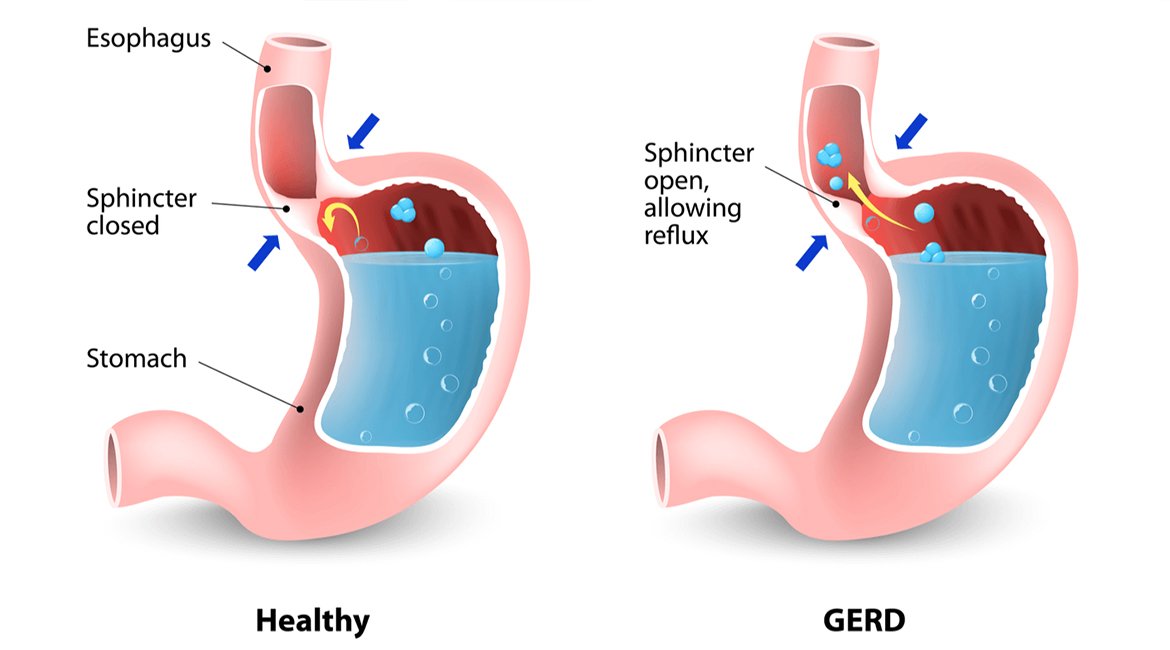




Laparoscopic fundoplication surgery is a minimally invasive procedure performed to treat gastroesophageal reflux disease (GERD) and its complications. GERD occurs when the contents of the stomach, including acid and digestive enzymes, flow back into the esophagus, leading to symptoms such as heartburn, regurgitation, and chronic cough.
Repairing the Hiatal Hernia: If a hiatal hernia is present, it is repaired during the surgery. A hiatal hernia occurs when a portion of the stomach pushes through the diaphragm into the chest cavity. The surgeon will reposition the stomach back into the abdominal cavity and repair the diaphragmatic opening to prevent further herniation.
Fundoplication: The main part of the procedure involves creating a new valve mechanism at the junction between the esophagus and the stomach to prevent reflux. The upper part of the stomach, known as the fundus, is wrapped around the lower esophagus. This wrap reinforces the lower esophageal sphincter, the natural valve that prevents stomach acid from entering the esophagus. The wrap can be a complete (360-degree) or partial (270-degree) wrap, depending on the surgeon's assessment.
Benefits of Laparoscopic Approach: Laparoscopic fundoplication offers several advantages compared to open surgery. These include smaller incisions, reduced blood loss, shorter hospital stays, faster recovery, and less postoperative pain. The minimally invasive nature of the procedure often leads to quicker return to normal activities and improved cosmetic outcomes.
Recovery and Follow-up: After laparoscopic fundoplication surgery, patients usually stay in the hospital for a short period of time, typically one to two days. The surgeon will provide specific postoperative instructions, including dietary modifications and recommendations for physical activity. Patients may experience some discomfort in the chest and shoulder area, which can be managed with pain medication. It's important to attend follow-up visits to monitor the healing process and address any concerns or questions.
Our team of highly skilled surgical gastroenterologists combines advanced
surgical
techniques
with extensive
knowledge of the gastrointestinal system
to offer comprehensive
treatment
options. Whether you're seeking consultation for a specific condition or in need of surgical
intervention, we are dedicated to providing personalized care and improving your digestive
health.
We understand the importance of comprehensive and personalized care. We believe in establishing strong doctor-patient relationships built on trust.
Old Airport Road, Bangalore
+91 8968412271
© AppAddIndia. All Rights Reserved.